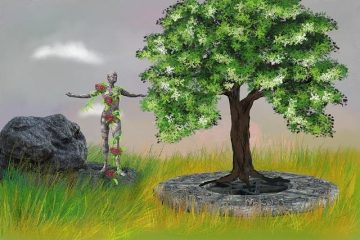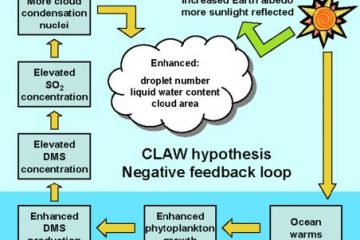Gaia hypothesis
gaia hypothesis reference
The Gaia Hypothesis proposes that Earth functions as a single, self-regulating entity, where living organisms and their inorganic surroundings are interconnected. This theory encourages us to view our planet as a harmonious ecosystem, highlighting the fragile balance of life.









